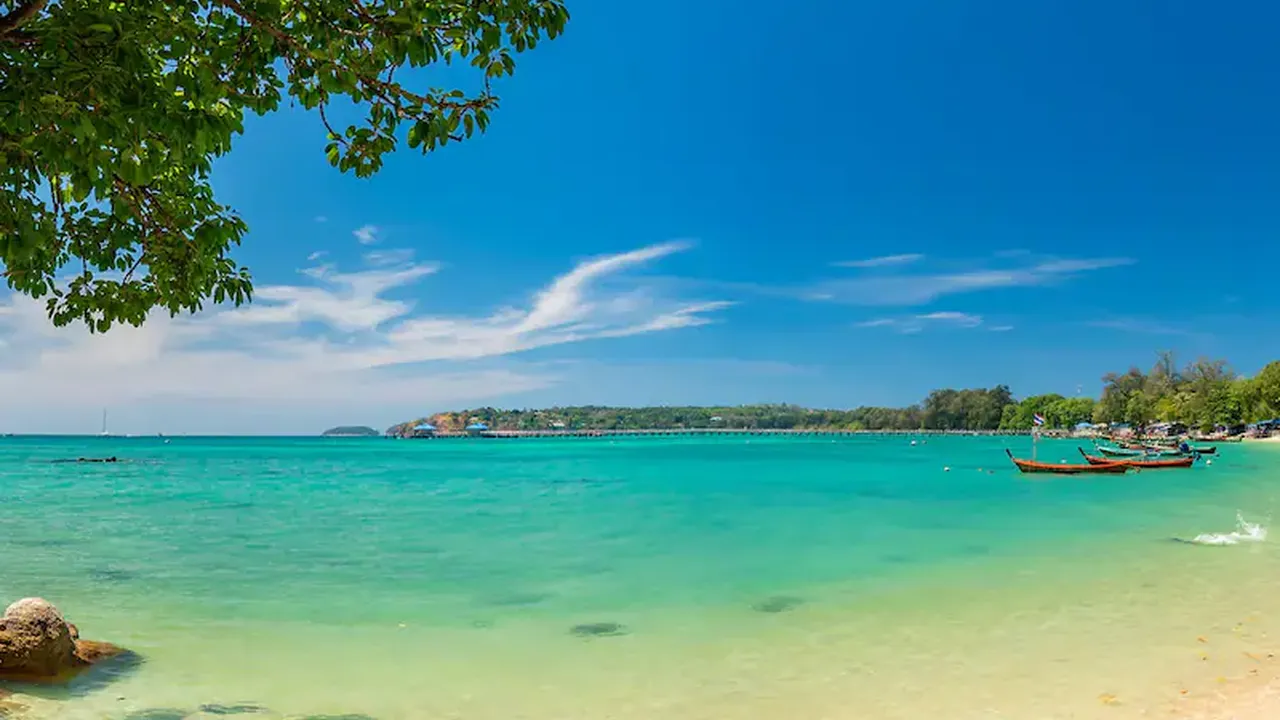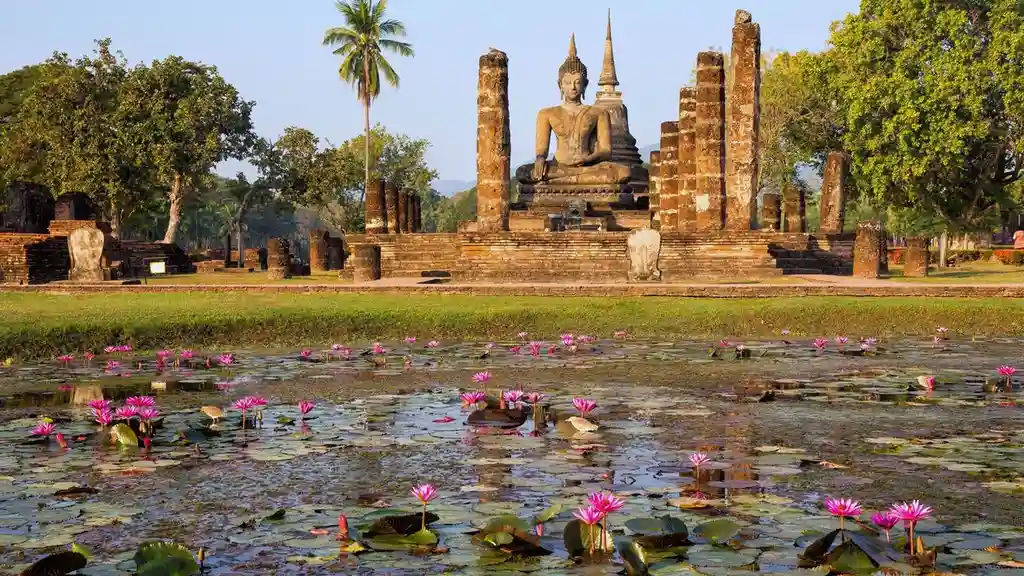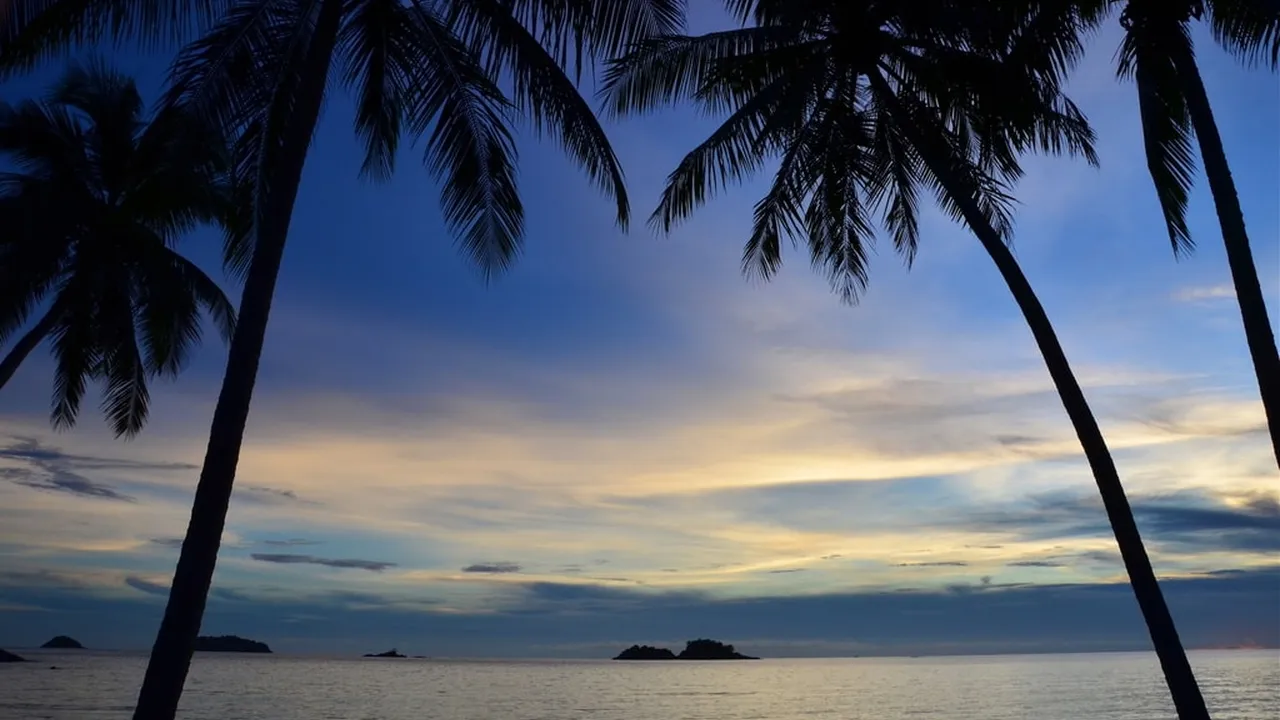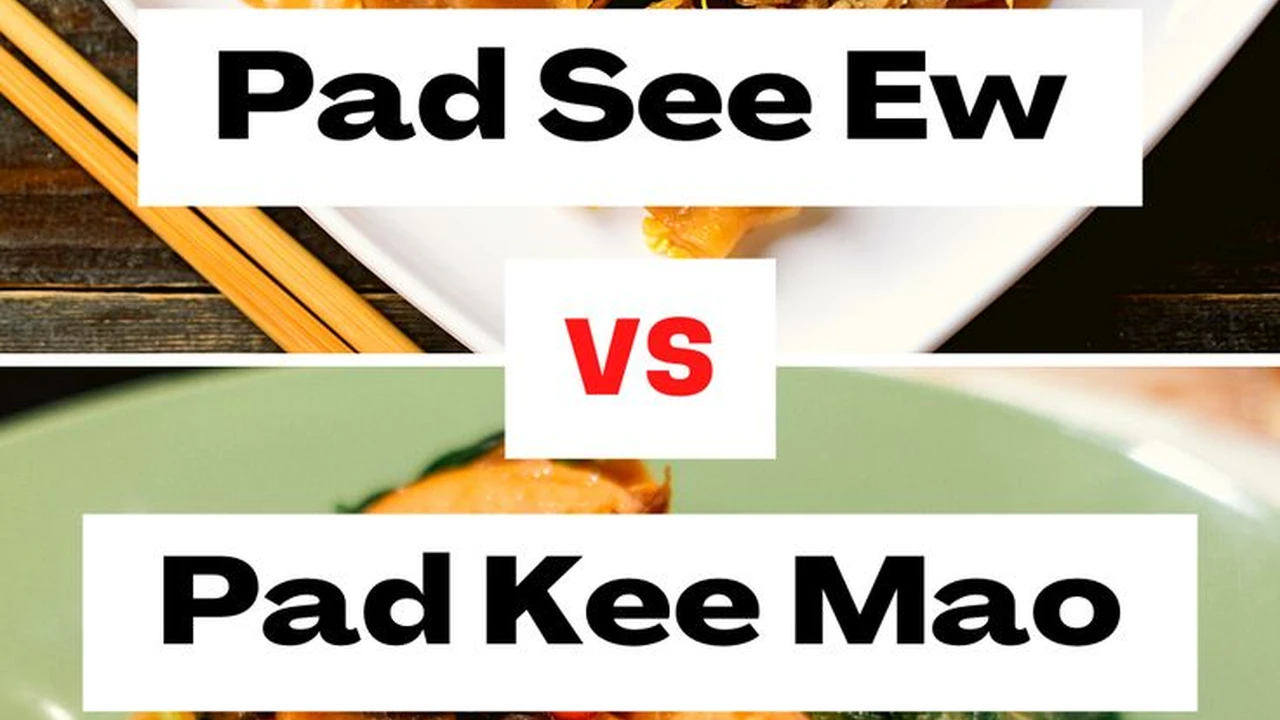Is it safe to drink tap water in Thailand?
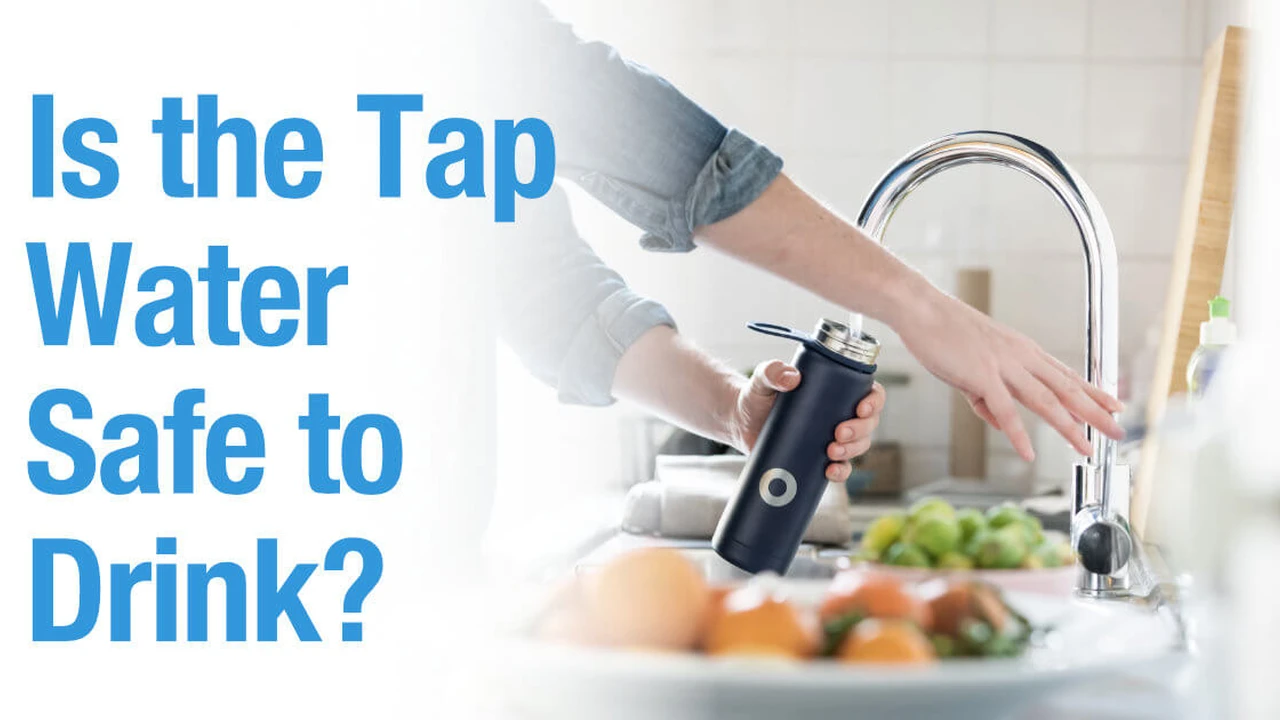
Understanding Tap Water Quality in Thailand A Comprehensive Guide
So, you're heading to Thailand, the land of smiles, stunning beaches, and Pad Thai that'll knock your socks off. But a thought crosses your mind: "Can I drink the tap water?" It's a valid question! Unlike many Western countries, Thailand's tap water isn't generally considered safe for direct consumption. Let's dive deep into the nitty-gritty of Thai tap water, explore the risks, and find out how to stay hydrated and healthy during your adventure.
Why You Should Think Twice Before Drinking Thai Tap Water Potential Risks and Concerns
The main concern with Thai tap water isn't necessarily that it's *always* contaminated, but rather the inconsistency in water treatment and distribution. Here's the breakdown:
- Contamination: Tap water can be contaminated with bacteria, viruses, and parasites. These nasties can cause a range of gastrointestinal issues, from mild tummy troubles to more serious infections.
- Pipes: The aging infrastructure in many parts of Thailand means that water can pick up contaminants as it travels through the pipes to your tap. Think rust, lead, and other undesirable substances.
- Treatment Variations: While some areas have modern water treatment plants, others rely on less sophisticated methods. This means that the quality of tap water can vary significantly depending on where you are.
Simply put, the risk of getting sick from drinking tap water in Thailand is higher than in countries with more robust water treatment and distribution systems. It's generally best to err on the side of caution.
Bottled Water The Most Common and Convenient Hydration Solution
The most readily available and widely used alternative to tap water is bottled water. You'll find it everywhere – from 7-Eleven stores to street vendors. Here's what you need to know:
- Availability: Bottled water is incredibly easy to find in Thailand. You'll never be far from a source of clean drinking water.
- Cost: It's very affordable. A small bottle typically costs around 10-20 baht (that's less than a dollar!). Larger bottles and multipacks offer even better value.
- Variety: You'll find various brands and sizes to choose from, including mineral water, purified water, and spring water.
Recommendation: Look for reputable brands like Singha, Crystal, or Nestle Pure Life. These brands adhere to strict quality control standards.
Water Filters A Sustainable and Cost-Effective Alternative
If you're planning a longer stay in Thailand, or you're environmentally conscious, investing in a water filter might be a good idea. Here are some options:
- Pitcher Filters (e.g., Brita): These are portable and easy to use. Simply fill the pitcher with tap water, and the filter will remove impurities.
- Faucet Filters: These attach directly to your faucet and provide filtered water on demand.
- Gravity Filters (e.g., Berkey): These are larger filters that use gravity to filter water. They're ideal for homes or apartments.
- Portable Water Filter Bottles: Great for hiking or travel. Brands like LifeStraw and Sawyer offer bottles with built-in filters.
Product Recommendations and Comparisons
Brita Water Filter Pitcher
Description: A classic choice for filtering water at home. Easy to use and replace filters.
Pros: Affordable, readily available filters, improves taste of water.
Cons: Requires refilling, doesn't remove all contaminants.
Usage Scenario: Ideal for home use, filtering water for drinking and cooking.
Price: Approximately 800-1500 baht.
LifeStraw Go Water Filter Bottle
Description: A portable water filter bottle that removes bacteria and parasites.
Pros: Lightweight, perfect for travel and outdoor activities, filters water from various sources.
Cons: Requires some suction to drink, filter needs occasional backwashing.
Usage Scenario: Hiking, camping, traveling in areas with questionable water sources.
Price: Approximately 1200-2500 baht.
Berkey Water Filter
Description: A gravity-fed water filter system that removes a wide range of contaminants.
Pros: High filtration capacity, long-lasting filters, suitable for home use.
Cons: More expensive than other options, requires more space.
Usage Scenario: Ideal for families or individuals who want a reliable source of clean water at home.
Price: Approximately 10,000-25,000 baht.
Boiling Water A Simple and Effective Disinfection Method
Boiling water is a time-tested method for killing bacteria and viruses. If you're unsure about the quality of your water source, boiling it for at least one minute will make it safe to drink.
- Procedure: Bring the water to a rolling boil for at least one minute. At higher altitudes, boil for longer.
- Limitations: Boiling doesn't remove chemicals or heavy metals. It only disinfects the water.
Water Purification Tablets A Portable and Emergency Solution
Water purification tablets are a handy option for travelers, especially when you're unsure about the availability of clean water. They kill bacteria and viruses, making the water safe to drink.
- Brands: Common brands include Aquatabs and Potable Aqua.
- Usage: Follow the instructions on the package. Typically, you'll need to add one tablet to a liter of water and wait for 30 minutes before drinking.
Staying Hydrated Safely Tips for Avoiding Waterborne Illnesses in Thailand
Here are some practical tips to help you stay hydrated and healthy during your trip to Thailand:
- Stick to Bottled Water: When in doubt, opt for bottled water from reputable brands.
- Be Wary of Ice: Ice can be made from tap water, so be cautious about drinks with ice, especially from street vendors.
- Brush Your Teeth with Bottled Water: It might seem excessive, but it's a simple way to avoid ingesting tap water.
- Keep Your Mouth Closed in the Shower: Avoid accidentally swallowing tap water while showering.
- Wash Fruits and Vegetables with Filtered or Bottled Water: If you're buying fresh produce, wash it thoroughly with clean water.
- Check for Seals: When buying bottled water, make sure the seal is intact.
Beyond Drinking Water Other Sources of Water Contamination to Be Aware Of
It's not just about what you drink. Be mindful of these other potential sources of water contamination:
- Street Food: Be cautious about sauces and dips served with street food, as they might be diluted with tap water.
- Salads: Salads might be washed with tap water. Opt for cooked foods whenever possible.
- Swimming Pools: Avoid swallowing pool water, as it can be contaminated.
Tap Water in Restaurants and Hotels What to Expect
Most restaurants and hotels in Thailand will serve bottled water. However, it's always a good idea to confirm that the water is indeed bottled and not simply refilled tap water.
By following these guidelines, you can minimize your risk of getting sick from contaminated water and enjoy your trip to Thailand to the fullest. Stay hydrated, stay healthy, and have an amazing time!
:max_bytes(150000):strip_icc()/277019-baked-pork-chops-with-cream-of-mushroom-soup-DDMFS-beauty-4x3-BG-7505-5762b731cf30447d9cbbbbbf387beafa.jpg)



